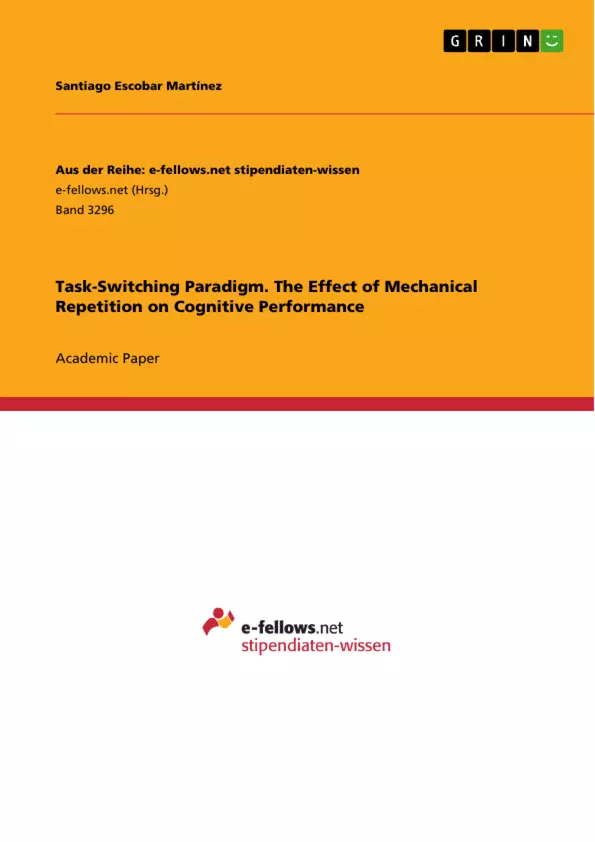The cognitive performance of a subject can be affected by several factors, such as the formulation of a question, amount of tasks that need to be managed simultaneously and the number of times an action is repeated. The purpose of this project was to implement a very simple program that enables the gathering of data gained from test subjects to be mostly unaffected by external factors. The core idea was to investigate the effect of the repetition on a task on its performance and present it to test subjects as a short and simple game to test their attention and reaction times.
Table of Contents
- Introduction
- Methods
- Concept
- CCT model
- Game board initialisation
- Figure creation and initialisation
Objectives and Key Themes
The primary objective of this project was to investigate the impact of repetition on cognitive performance through a simple, gamified interface. This research aimed to establish a correlation between the number of times the game was played and the user's performance, while exploring the influence of task formulation and stress on cognitive function.
- Impact of repetition on cognitive performance
- Correlation between game play frequency and performance
- Influence of task formulation on cognitive function
- Role of stress and tension in cognitive performance
- Neuroplasticity in relation to repeated tasks
Chapter Summaries
- Introduction The introduction outlines the project's focus on investigating cognitive phenomena within the context of human-machine interfaces. It emphasizes the importance of data gathering through program usage for scientific research. The project prioritizes in-depth experimentation and the scientific method over complex programming, focusing on a specific phenomenon without external stimuli.
- Methods This chapter details the concept of the program, a fast-paced game designed for quick reaction times and repetition. The game involves matching shapes and colors, requiring the user to press specific keys based on the displayed figures. The chapter also introduces the Cognitive Complex Theory (CCT) model, used to simplify the game's execution and illustrate its sequential stages.
Keywords
The key terms and concepts explored in this study include cognition, task-switching paradigm, gamification, neuroplasticity, and human machine interface. The research utilizes a gamified approach to investigate the effects of repetitive tasks on cognitive performance, examining the role of neuroplasticity and the influence of task formulation and stress on cognitive function.
Frequently Asked Questions
What is the focus of the Task-Switching Paradigm project?
The project investigates how mechanical repetition and task formulation affect a subject's cognitive performance, attention, and reaction times.
How was the cognitive data gathered?
Data was collected through a simple, fast-paced game where test subjects match shapes and colors, allowing for measurement without external stimuli affecting the results.
What role does neuroplasticity play in this study?
The research explores neuroplasticity in relation to repeated tasks, examining how the brain adapts to frequent game play and how this correlates with performance improvements.
What is the Cognitive Complex Theory (CCT) model?
The CCT model is used to simplify the game's execution and illustrate its sequential stages, helping to map the cognitive processes involved in task-switching.
How do stress and tension affect performance in the game?
The project aims to establish a correlation between the pressure of a fast-paced environment and the user's ability to maintain accuracy and speed during task-switching.
- Citation du texte
- Santiago Escobar Martínez (Auteur), 2017, Task-Switching Paradigm. The Effect of Mechanical Repetition on Cognitive Performance, Munich, GRIN Verlag, https://www.grin.com/document/508299



